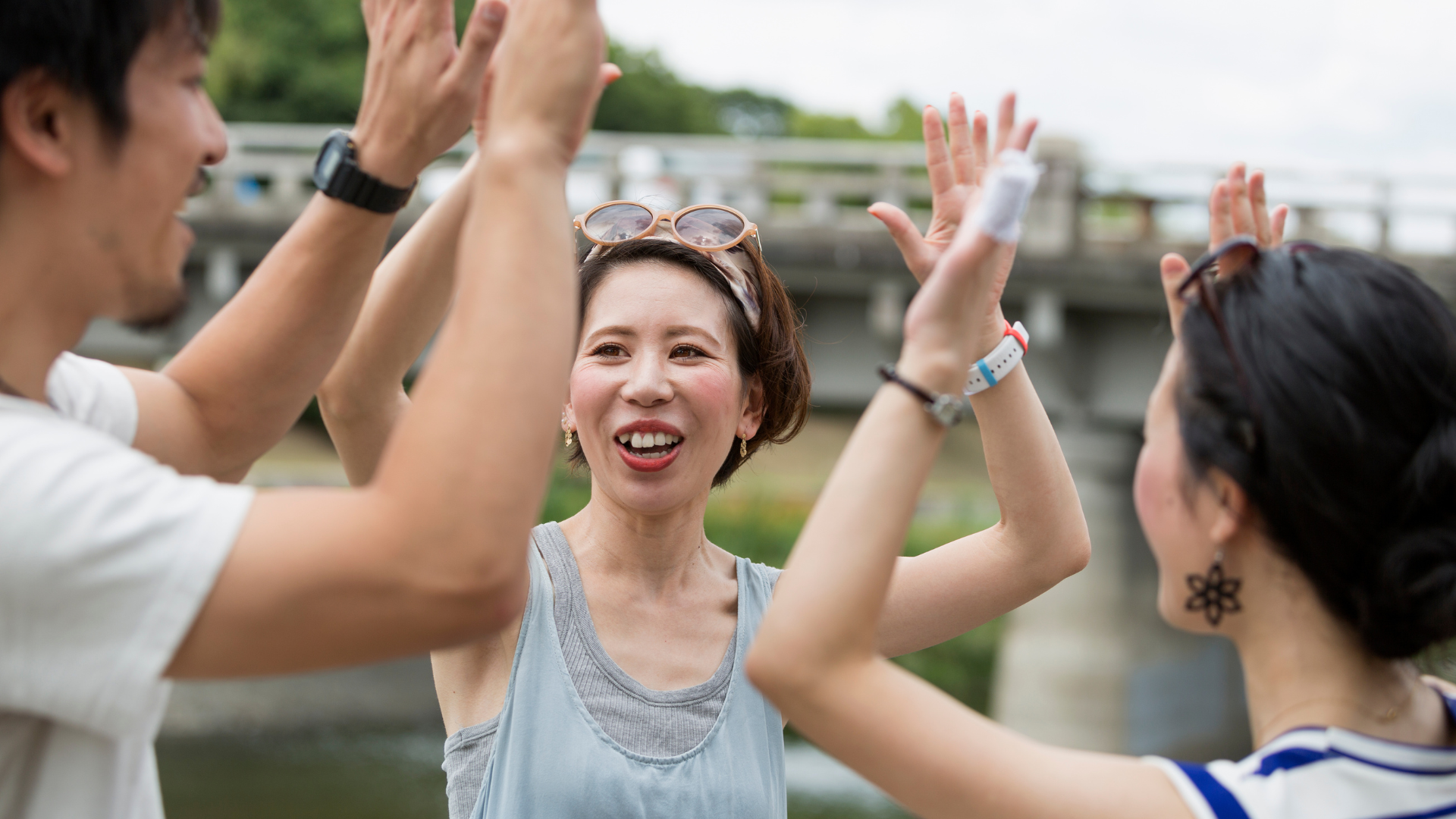Introduction: The Pursuit of Lifespan and Healthspan
For centuries, humankind has sought the key to a longer life. Today, science is not only focused on extending lifespan but, more importantly, on improving healthspan—the number of years a person remains healthy, active, and free from serious disease. Advances in longevity research are now uncovering ways to slow biological ageing, reverse cellular damage, and enhance overall well-being. With developments in genetics, biotechnology, and lifestyle interventions, ageing is no longer viewed as an inevitable decline but as a process that can be modified.
Longevity science bridges several fields, including nutrition, exercise physiology, cellular biology, and medical technology. Researchers are exploring how changes at the molecular level contribute to ageing and identifying interventions that can delay or even reverse age-related decline. As more findings emerge, practical applications are beginning to take shape, providing actionable insights for those who want to extend their years of vitality.
The Biology of Ageing: Why We Age
Ageing is a complex process influenced by genetic, environmental, and lifestyle factors. At the cellular level, ageing is characterised by several biological hallmarks, including telomere shortening, mitochondrial dysfunction, and the accumulation of senescent cells. Telomeres, the protective caps at the ends of chromosomes, gradually shorten with each cell division. When they become too short, cells lose their ability to replicate effectively, leading to tissue deterioration and increased susceptibility to disease.
Another key factor in ageing is mitochondrial function. Mitochondria, often referred to as the powerhouses of the cell, generate energy essential for bodily functions. Over time, mitochondrial efficiency declines, leading to reduced energy production and increased oxidative stress, which damages cells and accelerates ageing. Additionally, senescent cells—cells that no longer divide but remain metabolically active—release inflammatory compounds that contribute to chronic diseases such as cancer, cardiovascular conditions, and neurodegenerative disorders.
Understanding these processes allows researchers to explore interventions that can slow or counteract these effects, ultimately promoting healthier ageing.
Cutting-Edge Research and Anti-Ageing Interventions
One of the most promising areas of longevity research involves caloric restriction and fasting. Studies have shown that reducing calorie intake without malnutrition can extend lifespan and improve metabolic health. Caloric restriction influences longevity pathways by reducing oxidative stress, enhancing cellular repair mechanisms, and activating sirtuins—proteins that regulate cellular health and DNA repair. Time-restricted eating, a form of intermittent fasting, has also been linked to increased longevity by improving insulin sensitivity and promoting autophagy, a process in which the body clears out damaged cells and regenerates new ones.
Pharmaceutical and nutraceutical developments are also gaining attention in longevity science. Researchers are investigating compounds such as metformin, a diabetes medication that has been associated with reduced age-related diseases, and rapamycin, which has been shown to extend lifespan in animal models by inhibiting the mTOR pathway, a key regulator of cell growth and metabolism. Other emerging compounds include NAD+ boosters, such as nicotinamide riboside and nicotinamide mononucleotide, which aim to restore cellular energy and improve mitochondrial function.
Advances in regenerative medicine, including stem cell therapy and gene editing, are also showing promise in longevity research. Stem cell therapies aim to rejuvenate tissues by replacing damaged cells, while gene editing technologies such as CRISPR offer potential for correcting genetic mutations that contribute to ageing and age-related diseases. While these approaches are still in experimental stages, they highlight the potential for science to intervene in the ageing process at a fundamental level.
Lifestyle and Behavioural Strategies for Longevity
While cutting-edge research provides exciting insights, some of the most effective longevity strategies remain rooted in everyday habits. Nutrition plays a crucial role in ageing, with diets rich in antioxidants, healthy fats, and lean proteins supporting cellular health and reducing inflammation. The Mediterranean diet, which emphasizes fruits, vegetables, olive oil, and fish, has been associated with longer lifespan and lower rates of chronic disease. Similarly, the Blue Zones—regions where people consistently live past 100—follow diets high in plant-based foods, legumes, and whole grains while minimising processed foods and red meat.
Physical activity is another critical factor in longevity. Regular exercise enhances cardiovascular health, maintains muscle mass, and improves cognitive function. Studies have found that a combination of aerobic exercise, strength training, and flexibility exercises can significantly reduce the risk of chronic diseases and extend healthspan. In particular, high-intensity interval training (HIIT) has been shown to boost mitochondrial function and improve metabolic health, making it a valuable tool for healthy ageing.
Mental well-being and social connections also play a vital role in longevity. Chronic stress accelerates ageing by increasing inflammation and damaging telomeres, making stress management essential for a long and healthy life. Meditation, mindfulness, and deep breathing exercises can help lower cortisol levels and promote resilience. Additionally, maintaining strong social connections has been linked to lower rates of cognitive decline and better overall health. People who engage in meaningful relationships and have a sense of purpose tend to live longer, highlighting the importance of emotional well-being in the ageing process.
The Future of Longevity Science
As research continues to evolve, the future of longevity science looks promising. Advances in artificial intelligence and personalised medicine are allowing for more precise health interventions tailored to an individual’s genetic profile, lifestyle, and environmental factors. Wearable technology and continuous health monitoring are providing real-time insights into physiological changes, enabling early detection and prevention of age-related diseases.
Gene therapies targeting specific ageing pathways, the development of advanced anti-ageing drugs, and the potential for personalised nutritional strategies based on microbiome analysis are just a few of the innovations that could redefine how we approach ageing in the coming decades. While many of these breakthroughs are still in the experimental phase, they signal a shift toward proactive, science-driven approaches to longevity.
Conclusion: A Balanced Approach to Ageing Well
Longevity science offers a roadmap for not only extending life but enhancing the quality of those additional years. While emerging technologies and medical interventions provide exciting prospects, the foundation of healthy ageing remains grounded in lifestyle choices. A combination of a nutrient-rich diet, regular exercise, stress management, and strong social connections can significantly impact both lifespan and healthspan.
The quest for longevity is not about escaping ageing but embracing it with vitality and resilience. By integrating scientific advancements with sustainable lifestyle habits, we can take control of our ageing process and ensure that our later years are marked by strength, independence, and well-being.
Next Up: Lifestyle Habits for Healthy Ageing—Practical Strategies to Improve Everyday Well-being.
References
- Belsky, D. W., et al. (2020). Quantification of biological aging in young adults. Proceedings of the National Academy of Sciences, 117(8), 4041-4047.
- Fontana, L., & Partridge, L. (2015). Promoting health and longevity through diet: From model organisms to humans. Cell, 161(1), 106-118.
- Longo, V. D., & Panda, S. (2016). Fasting, circadian rhythms, and time-restricted feeding in healthy lifespan. Cell Metabolism, 23(6), 1048-1059.
- Mattison, J. A., et al. (2017). Impact of caloric restriction on health and survival in rhesus monkeys. Nature Communications, 8(1), 14063.
- Partridge, L., Fuentealba, M., & Kennedy, B. K. (2020). The quest to slow ageing through drug discovery. Nature Reviews Drug Discovery, 19(8), 513-532.





